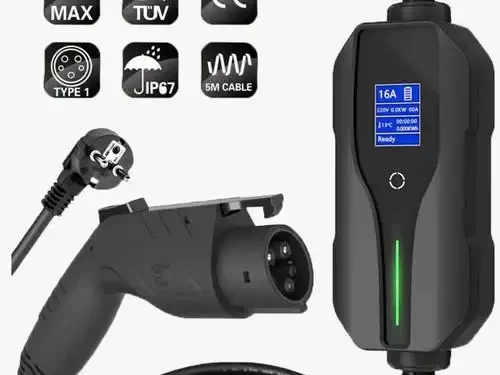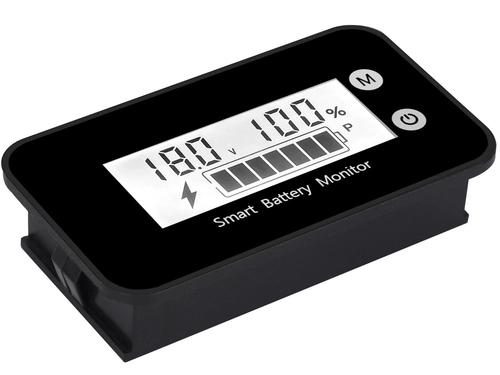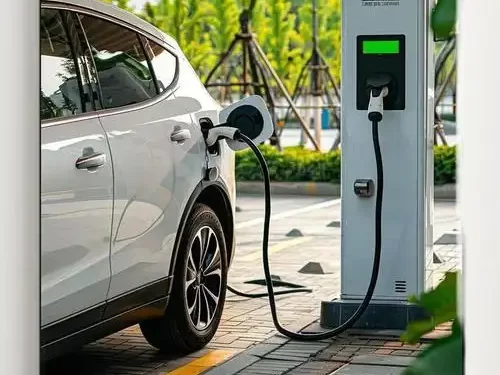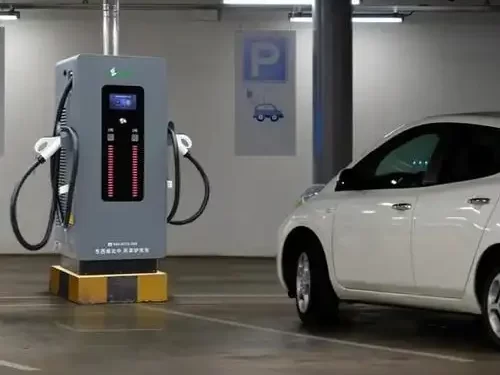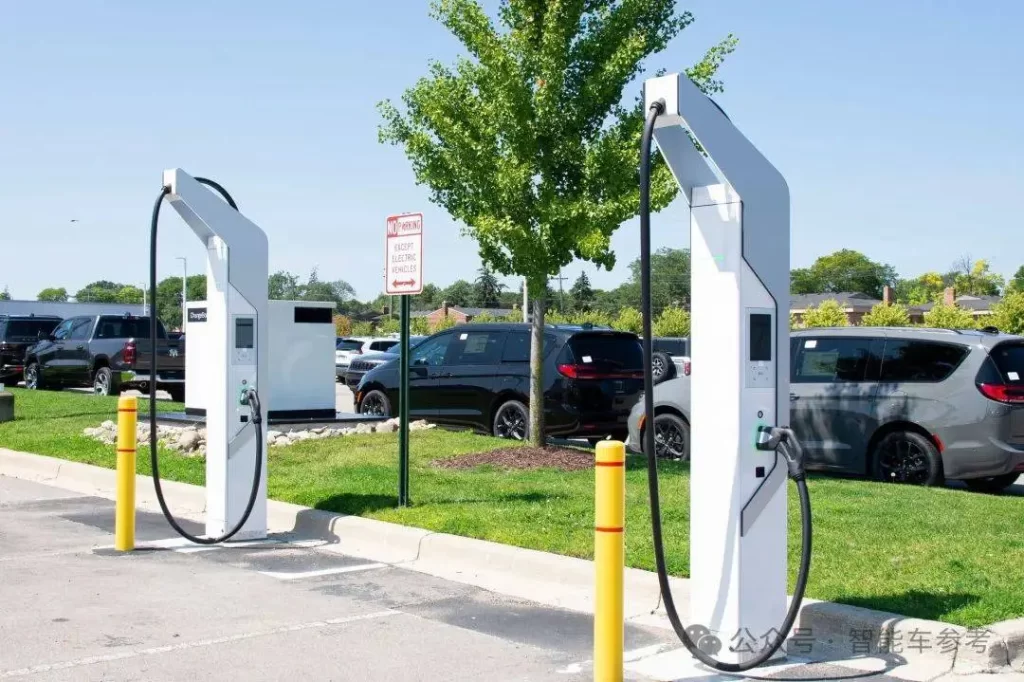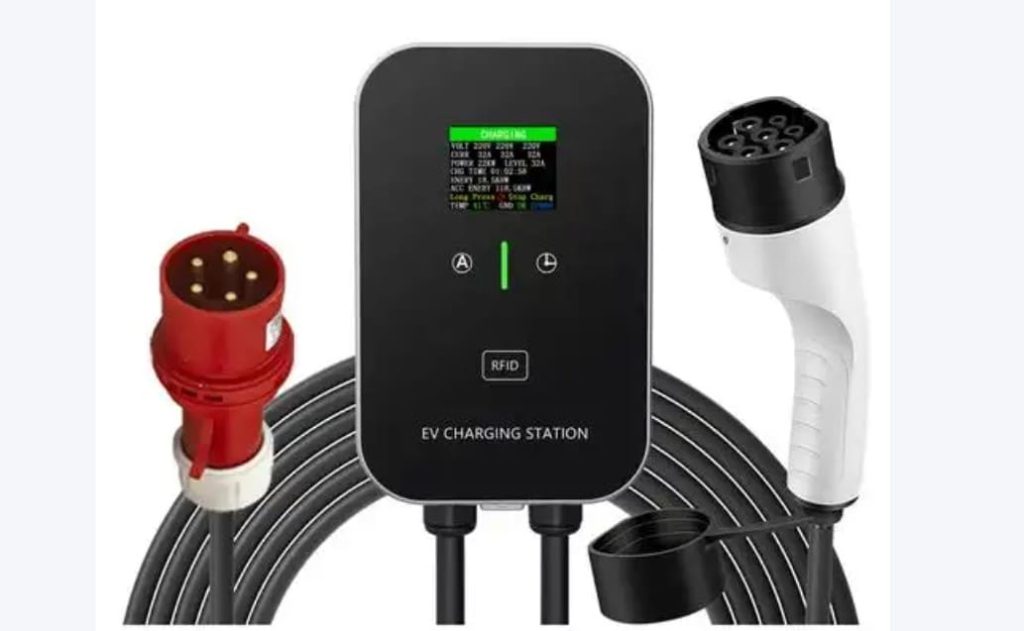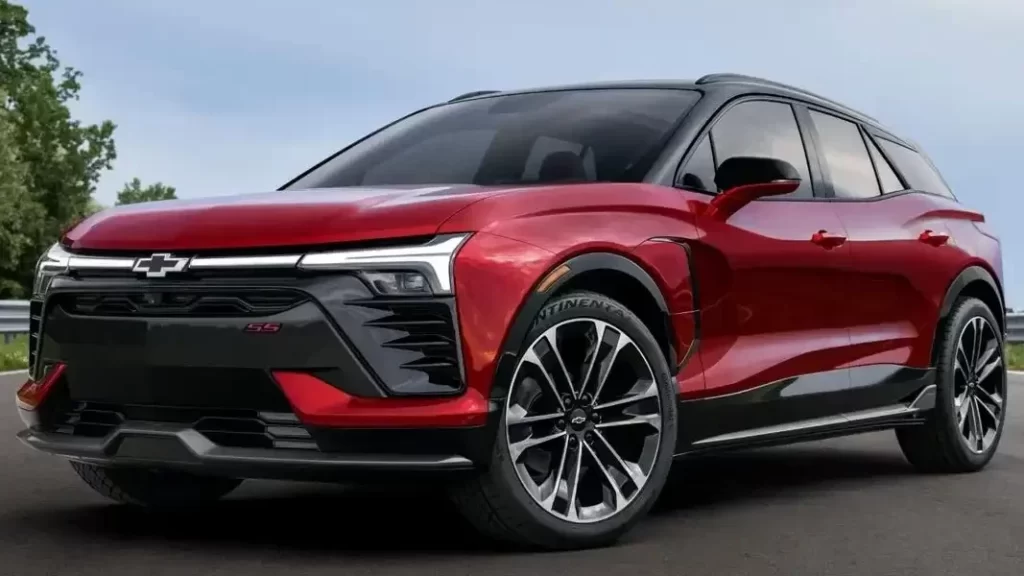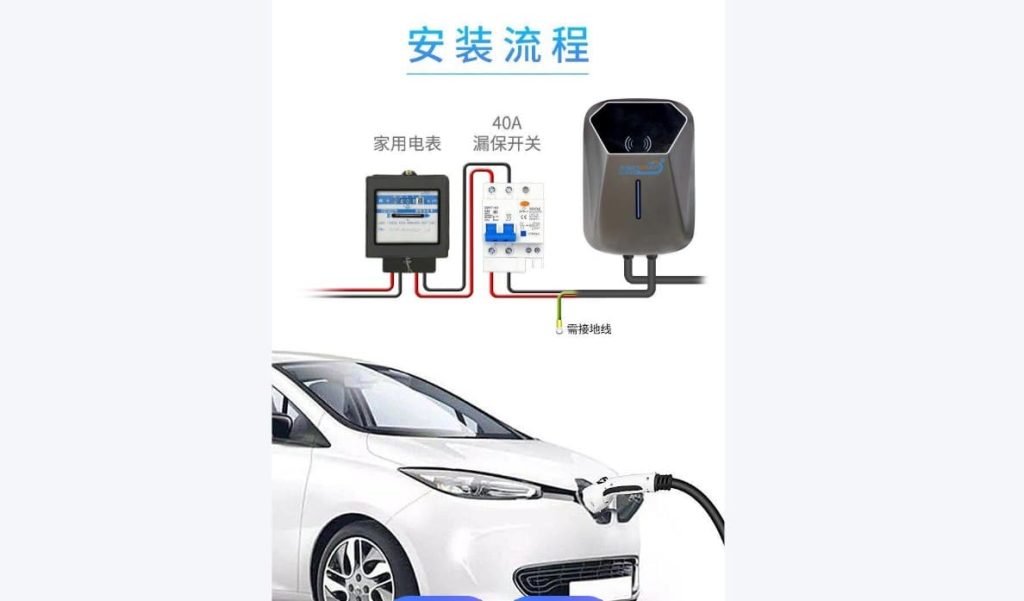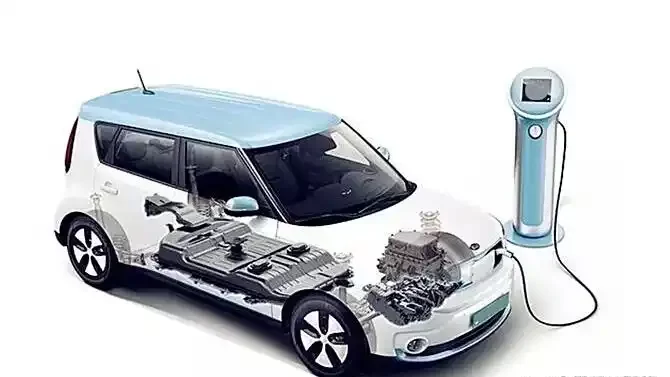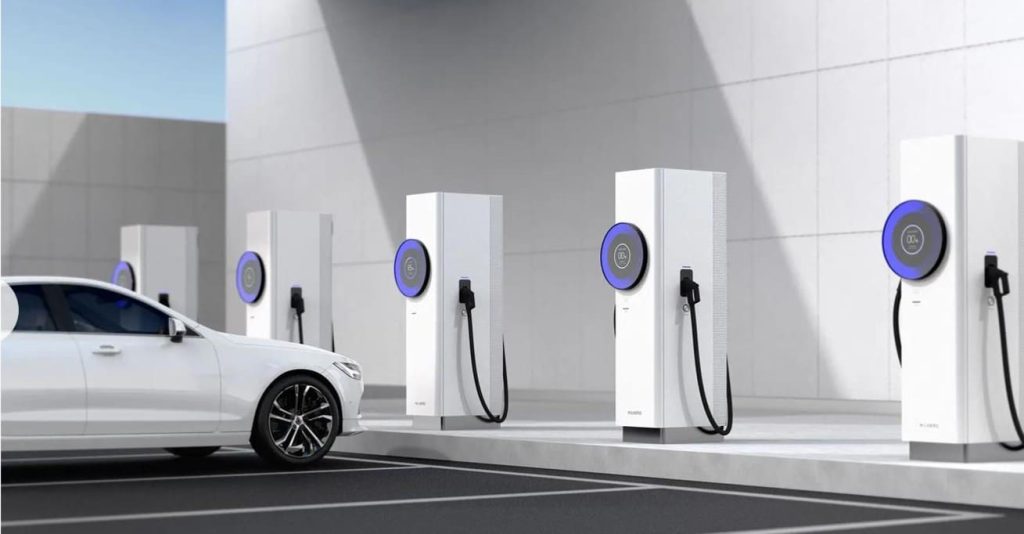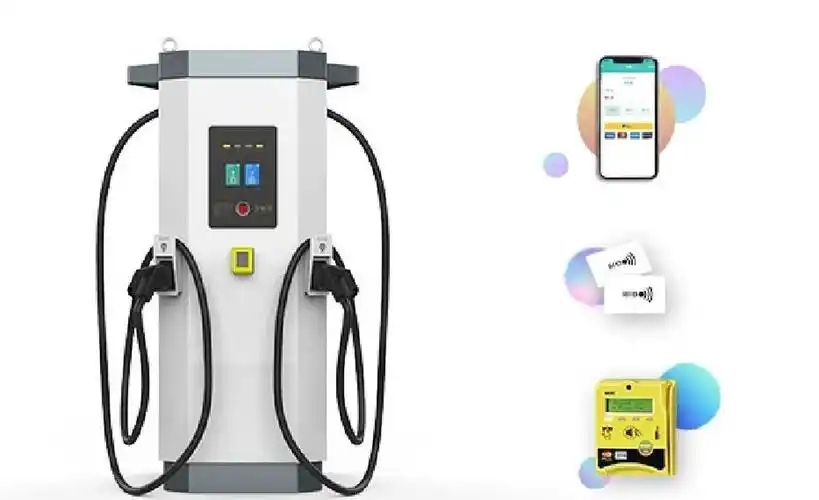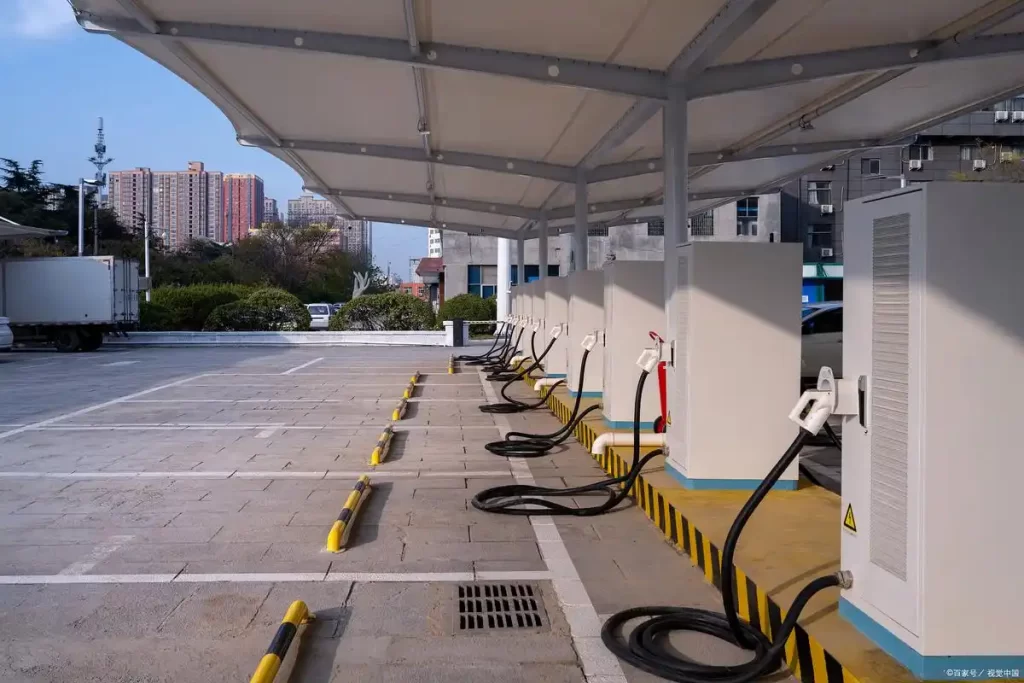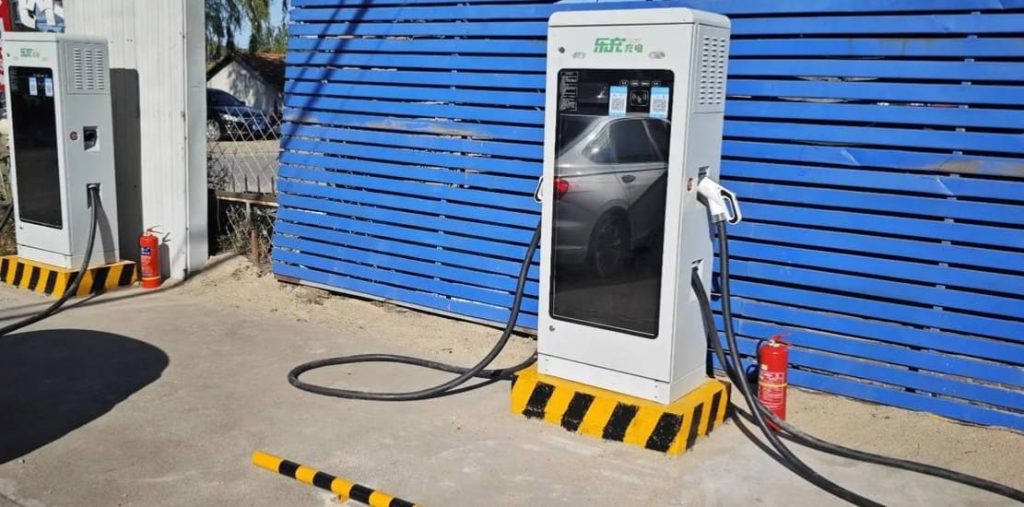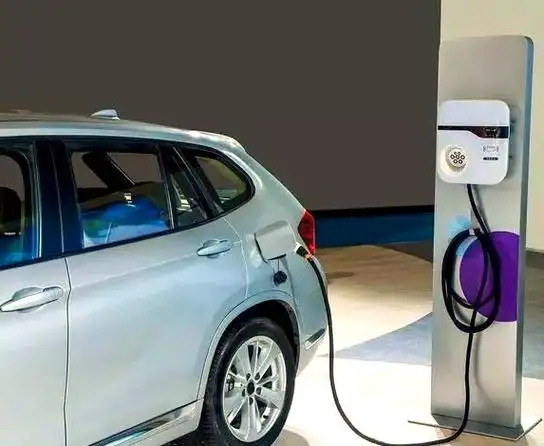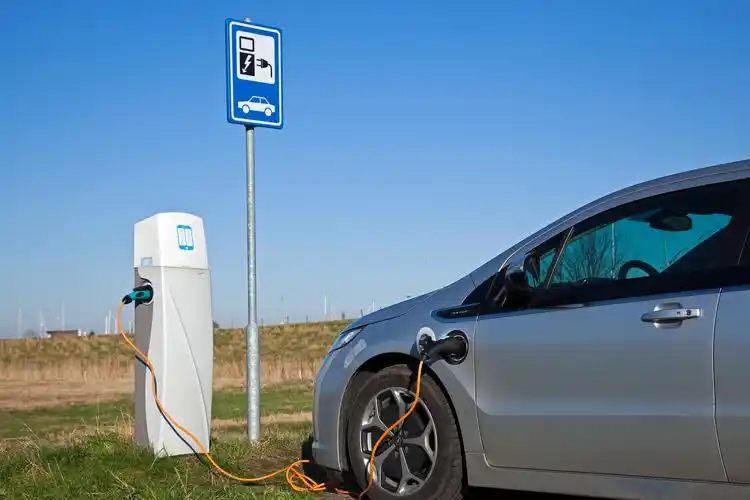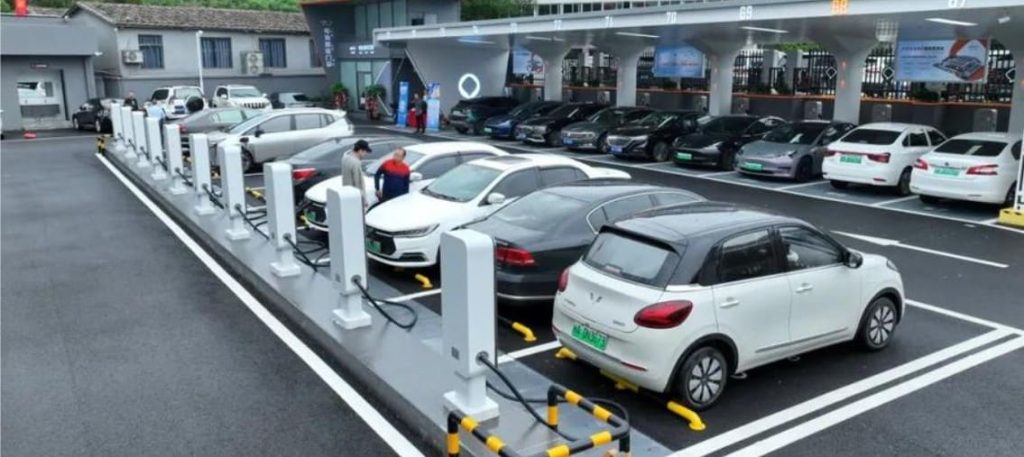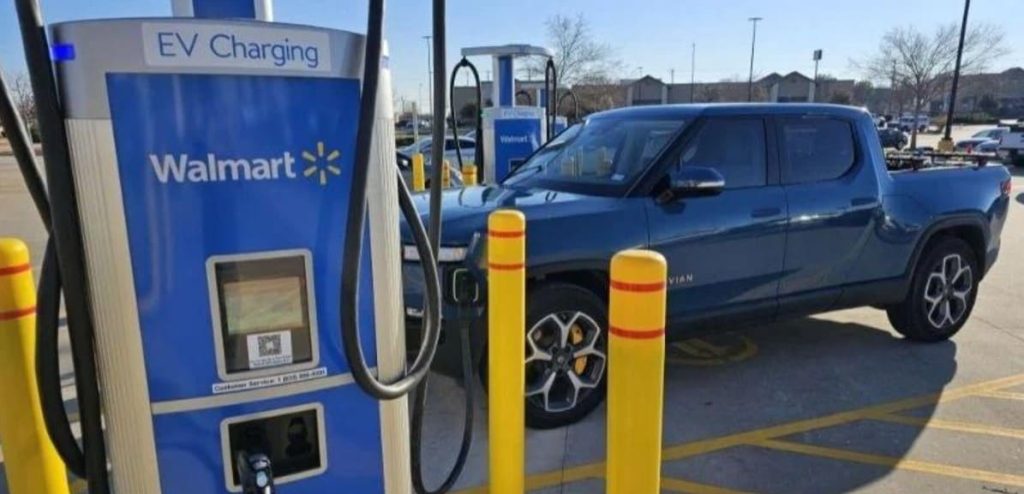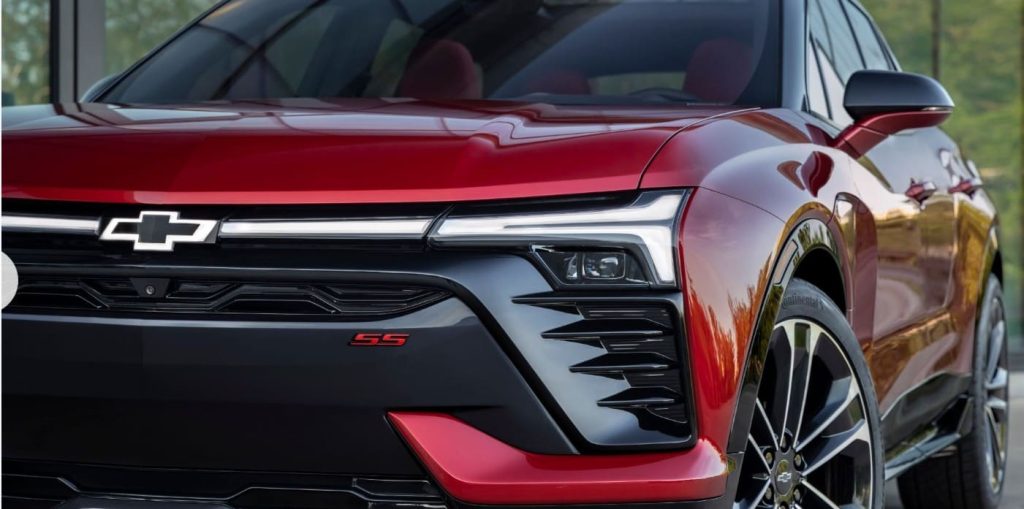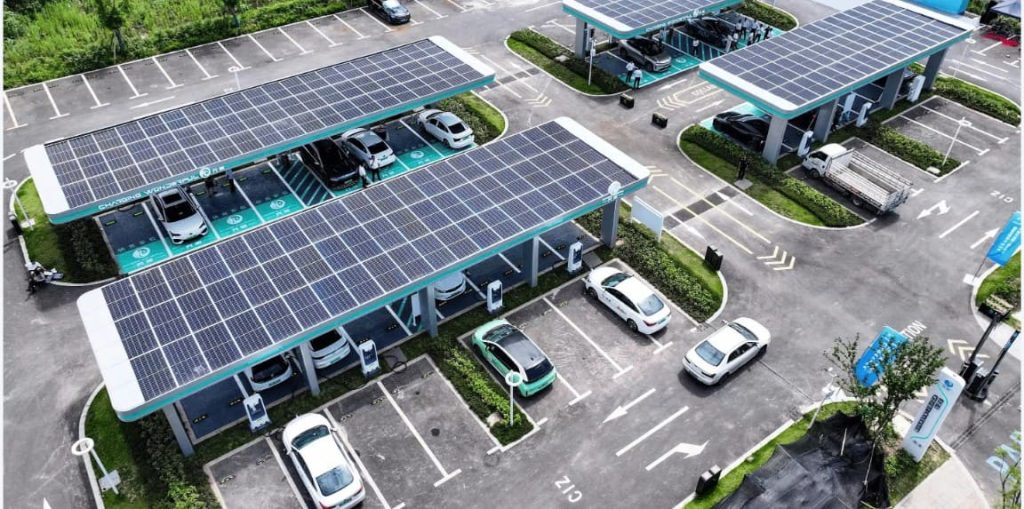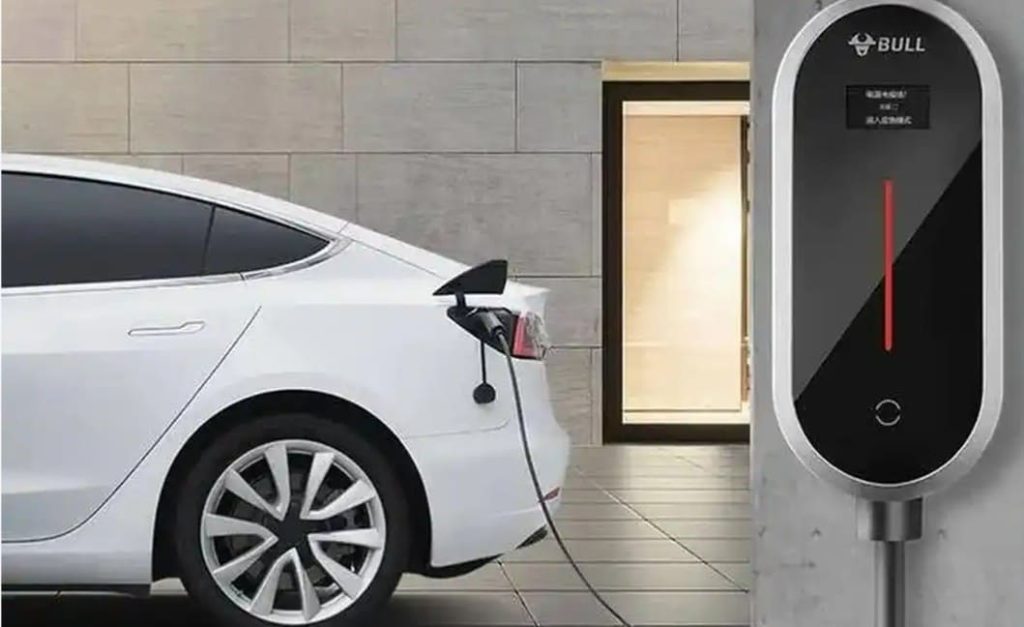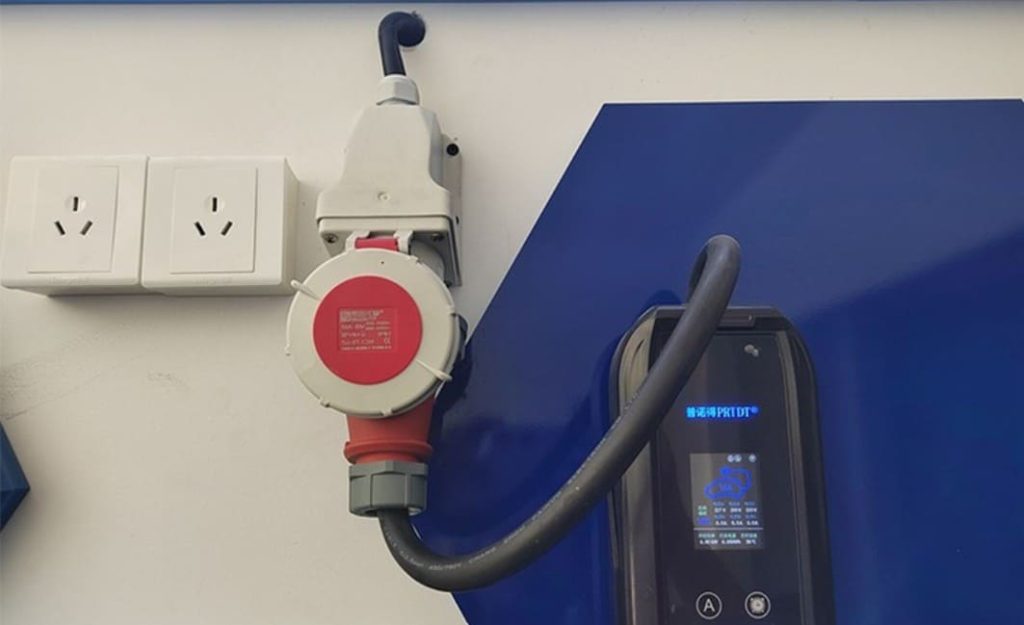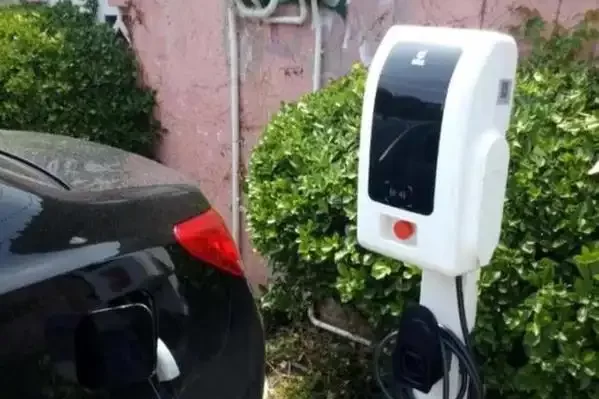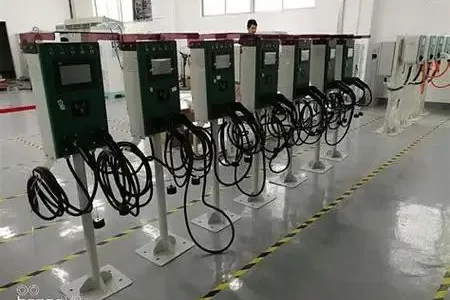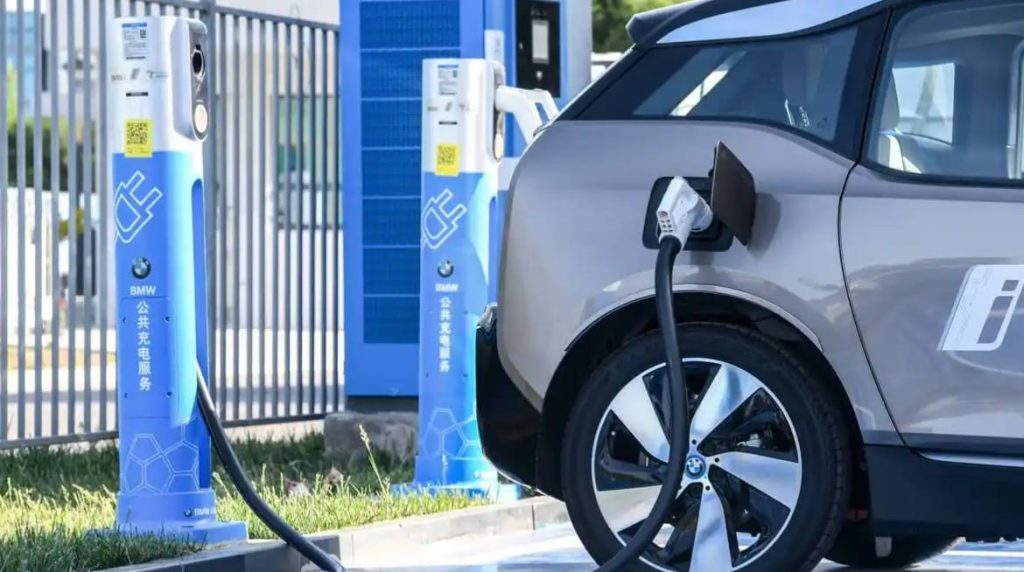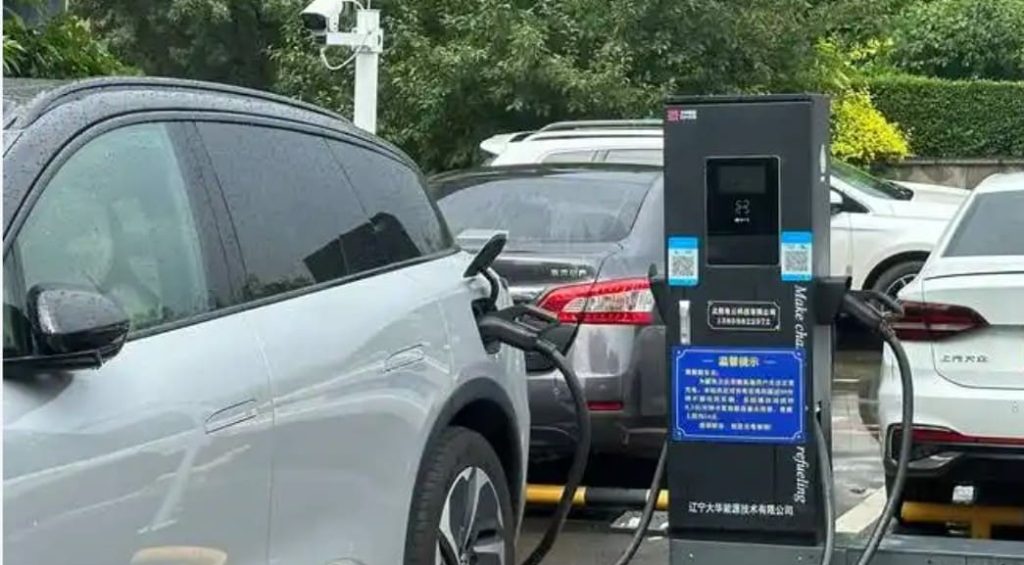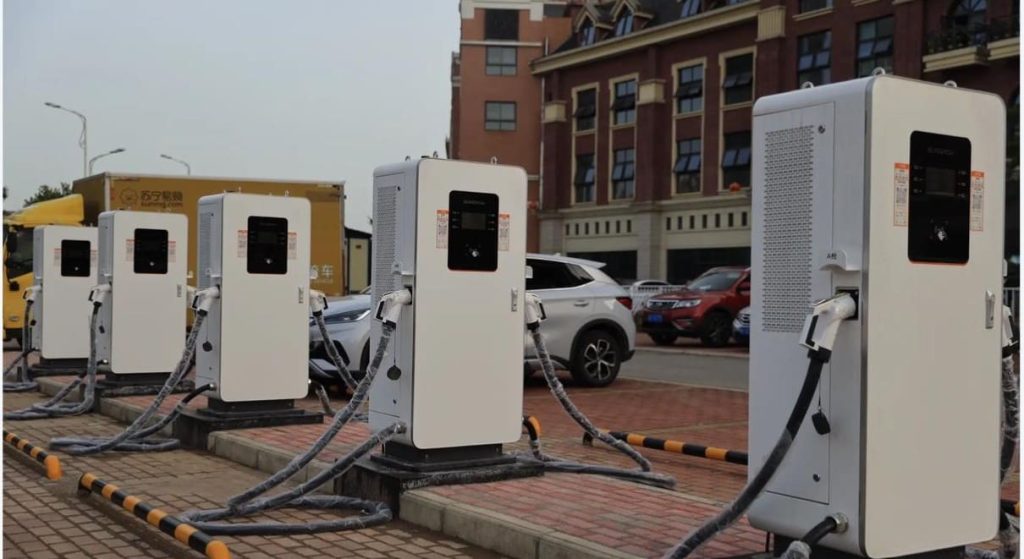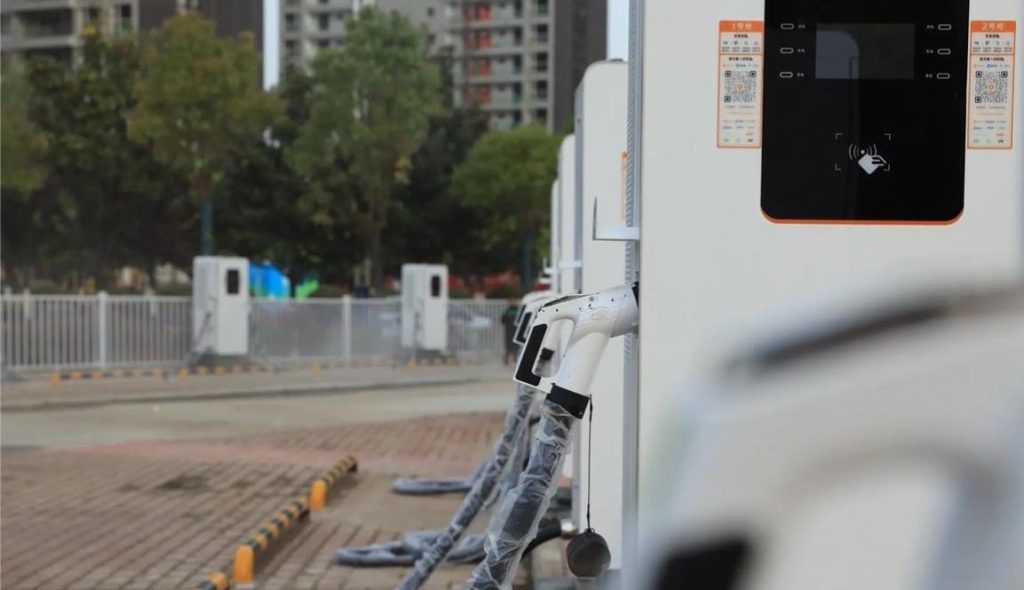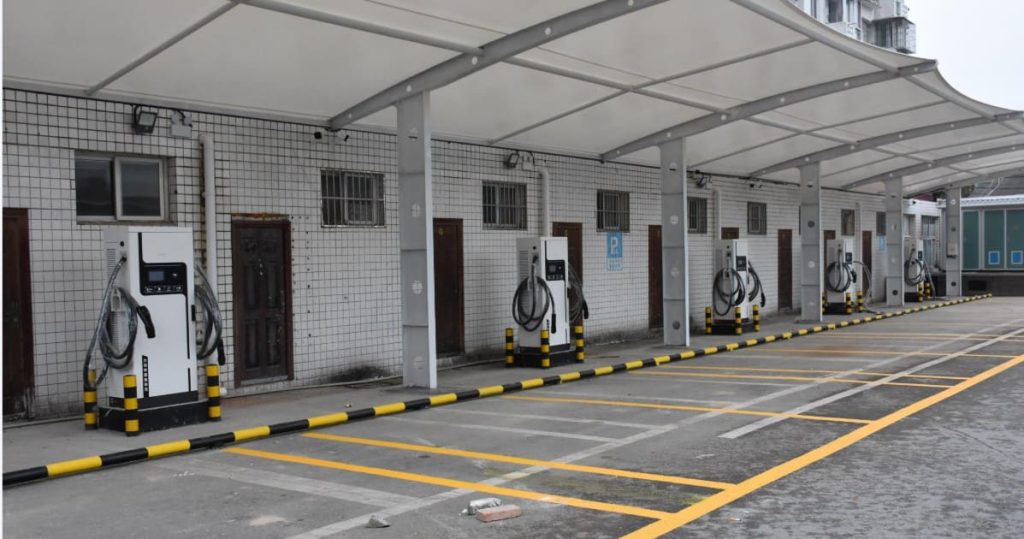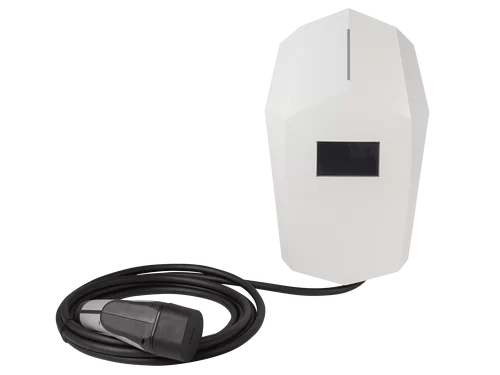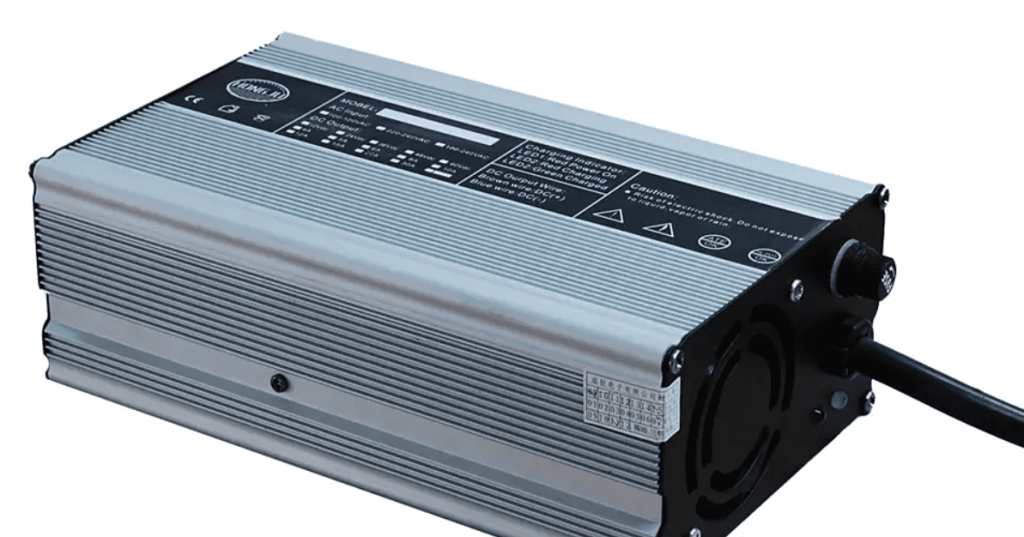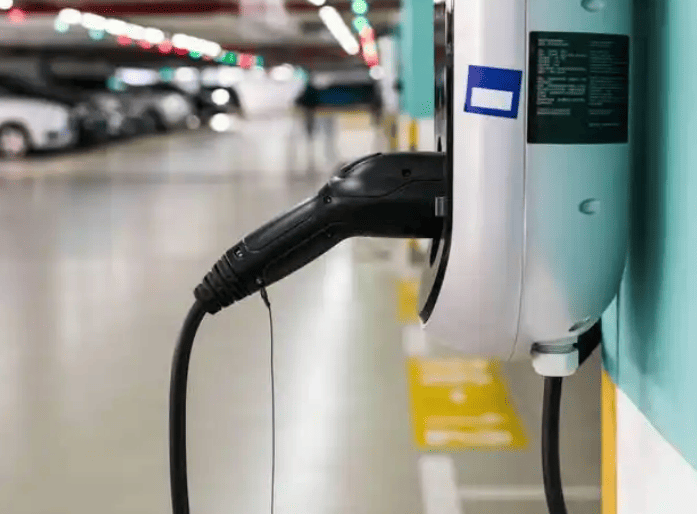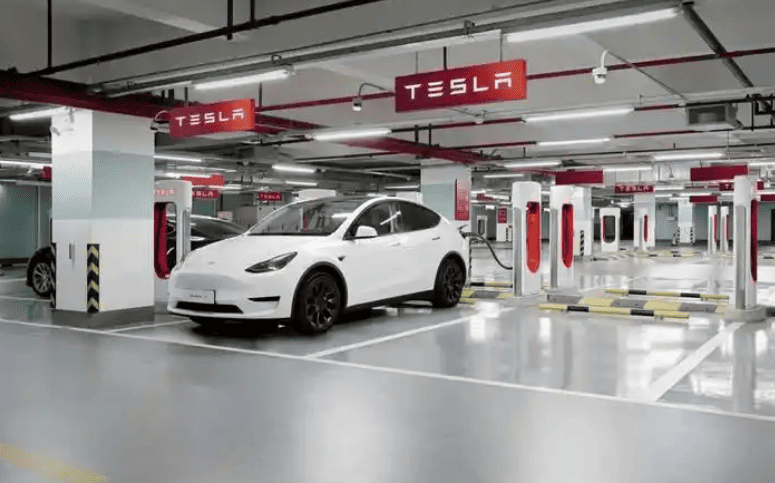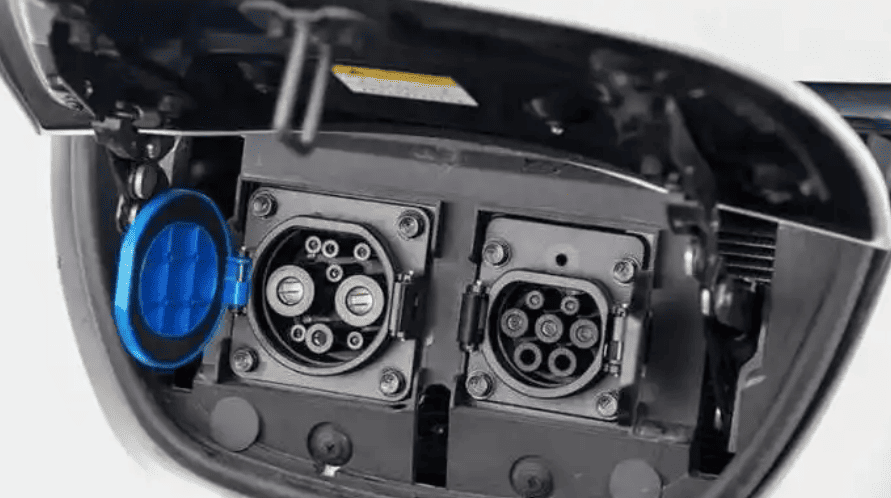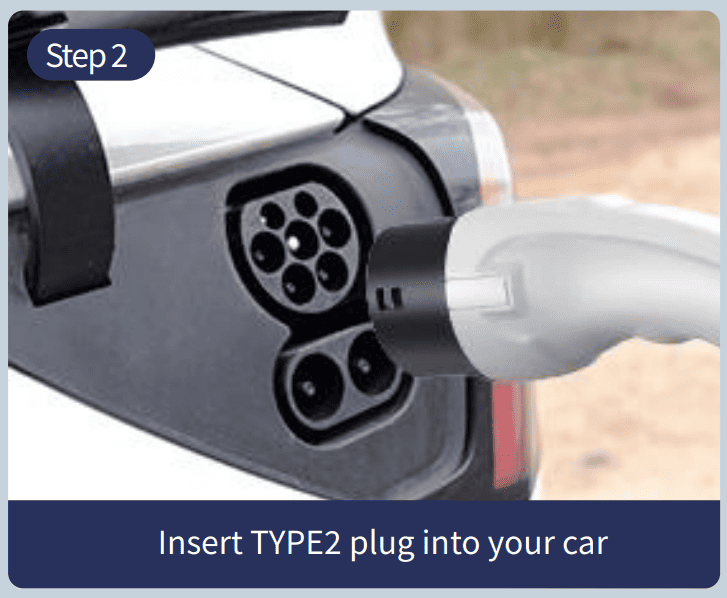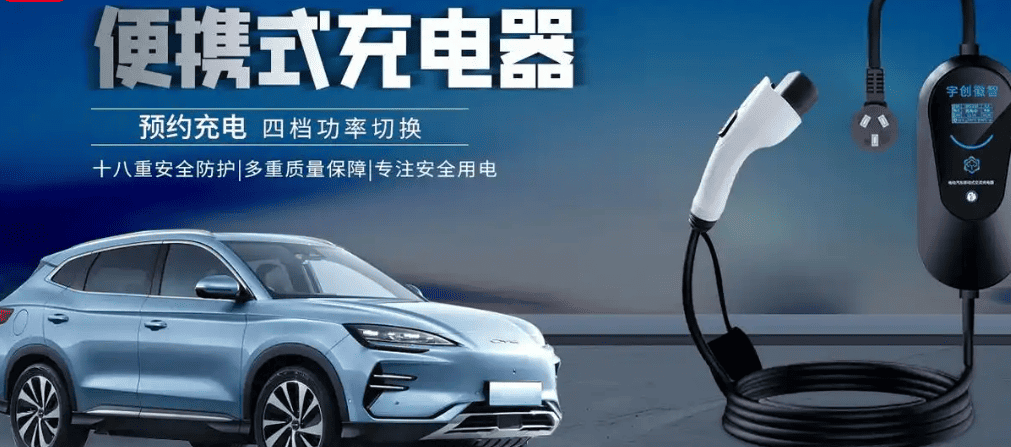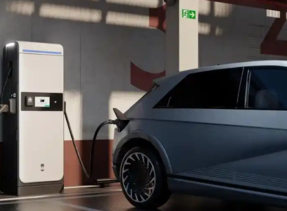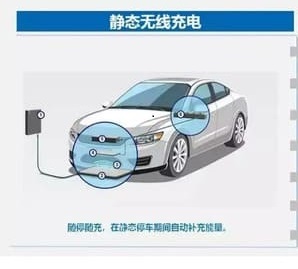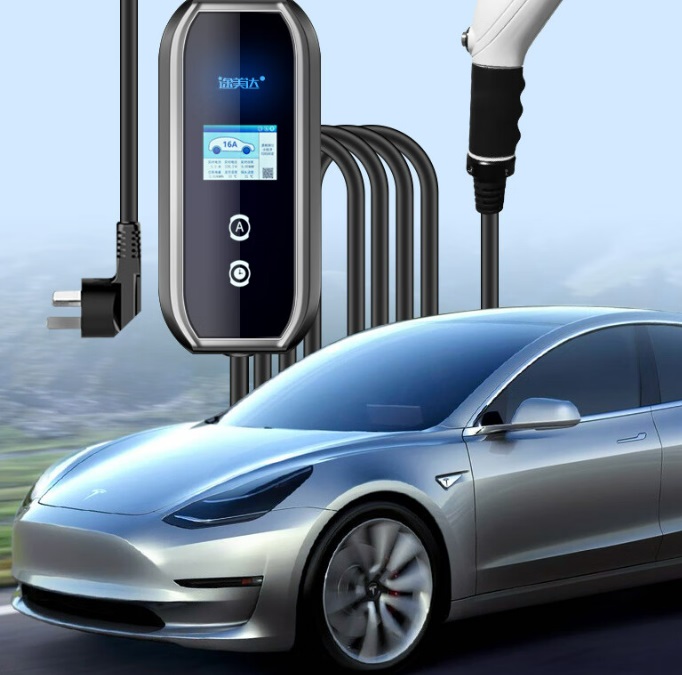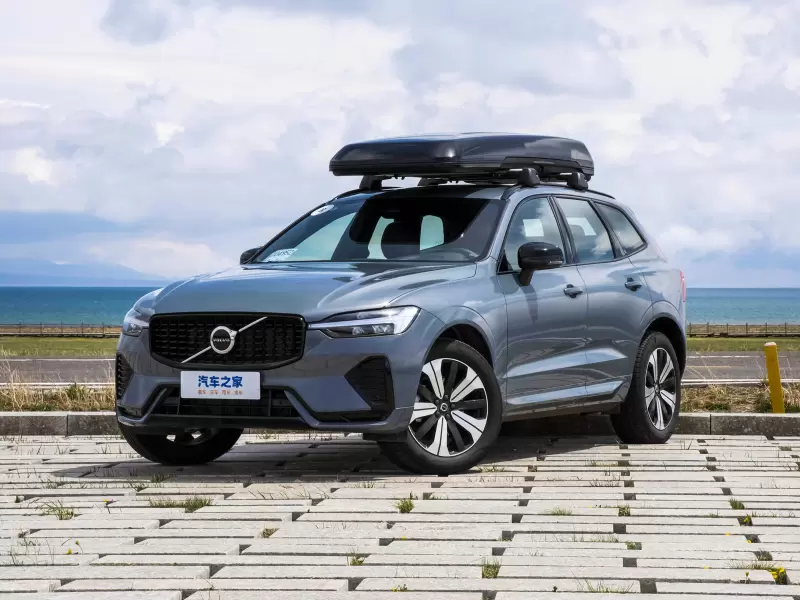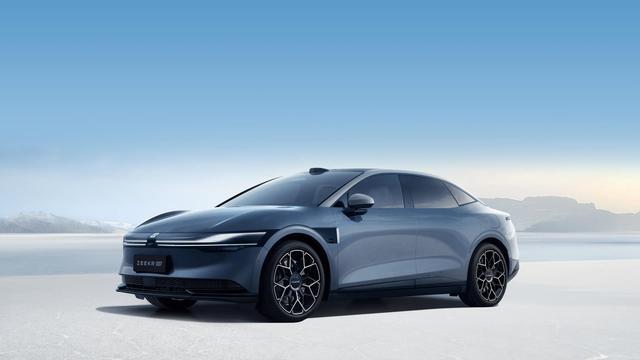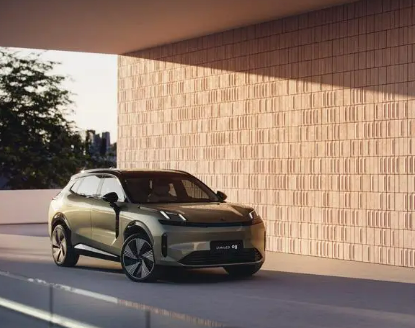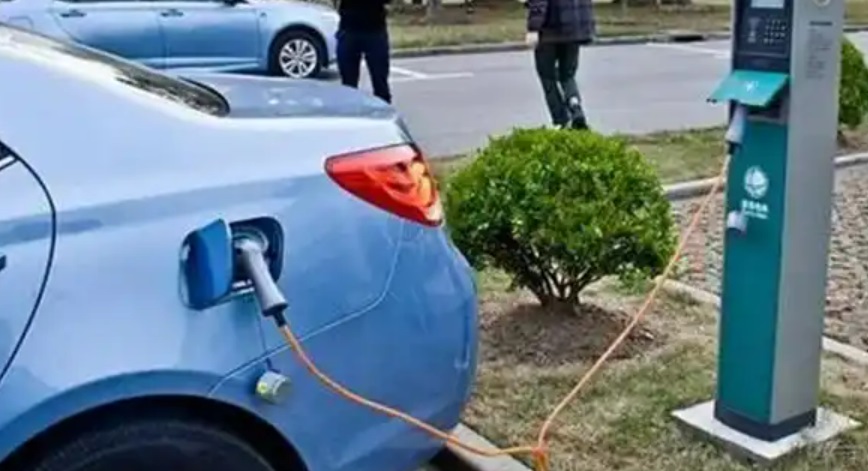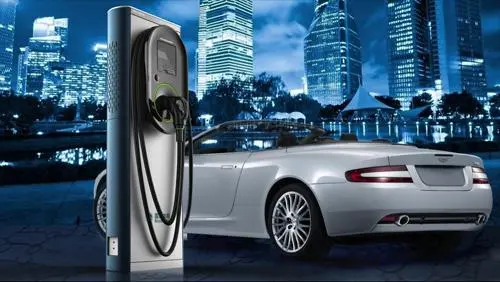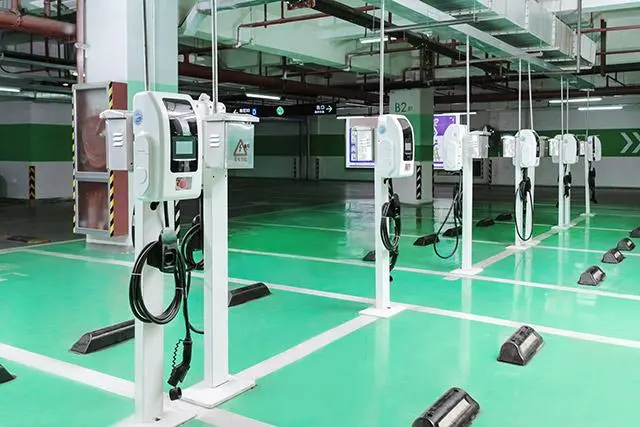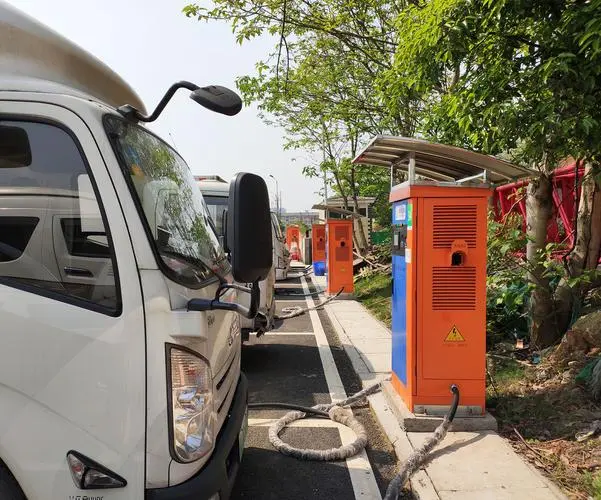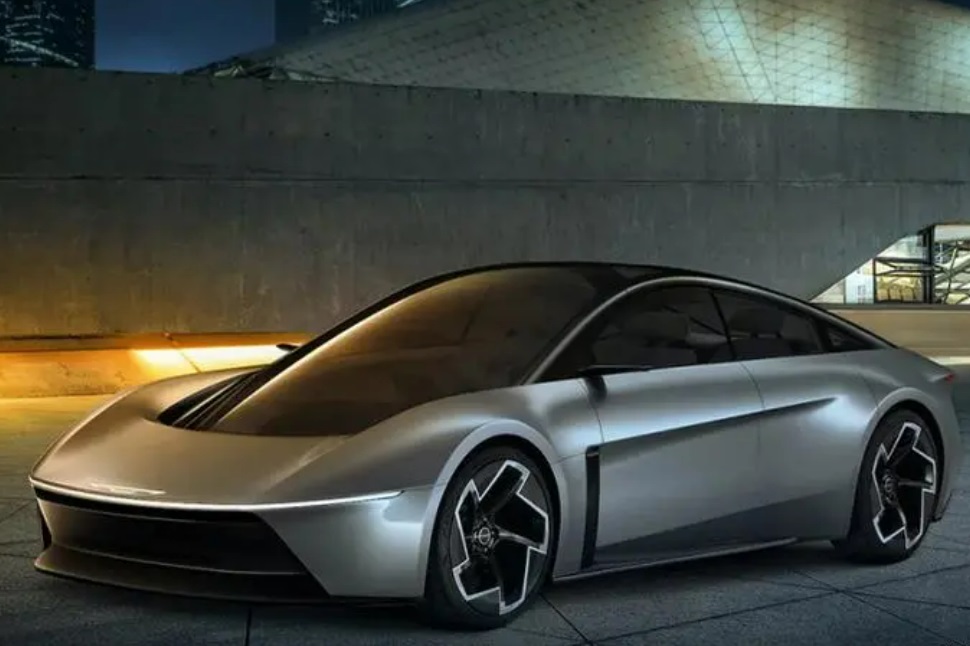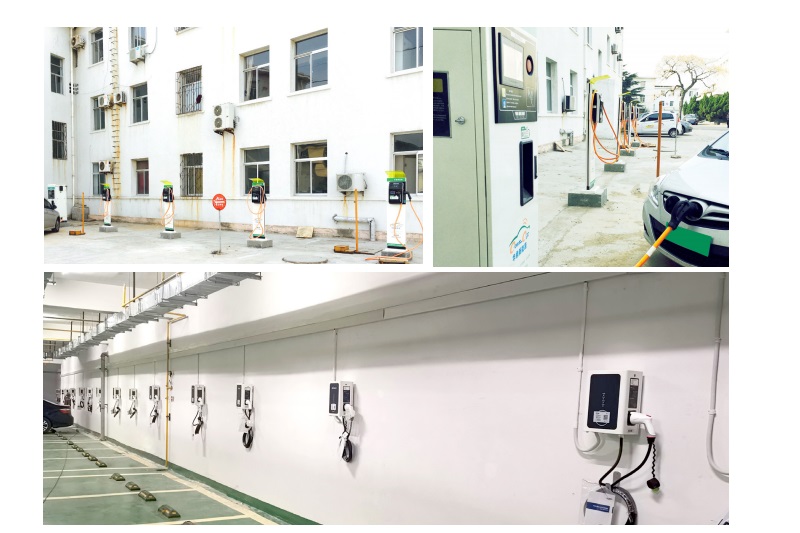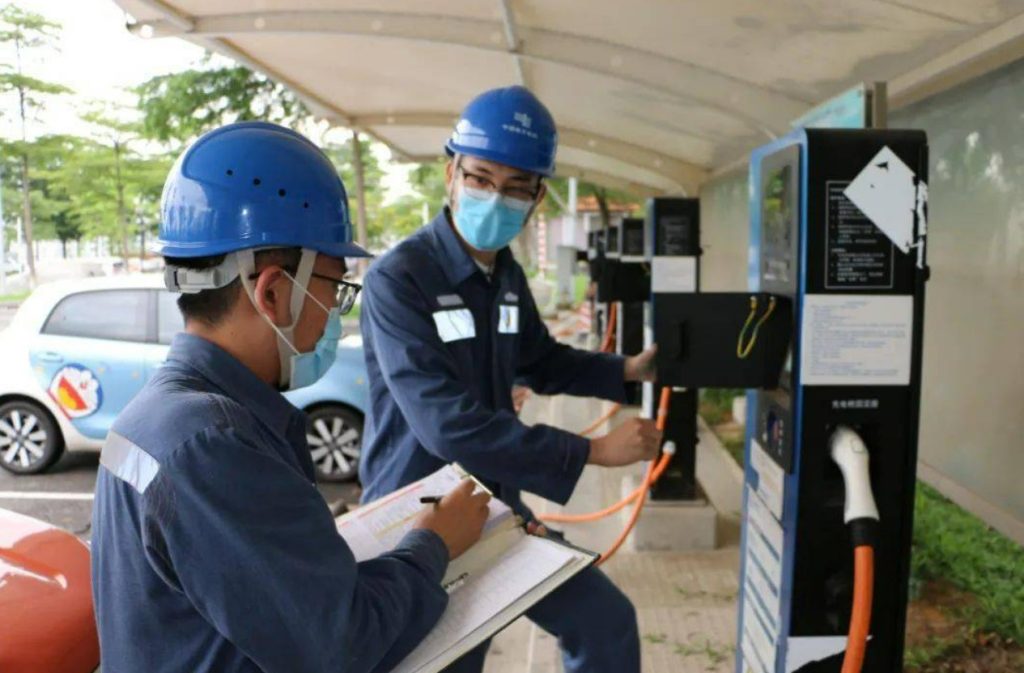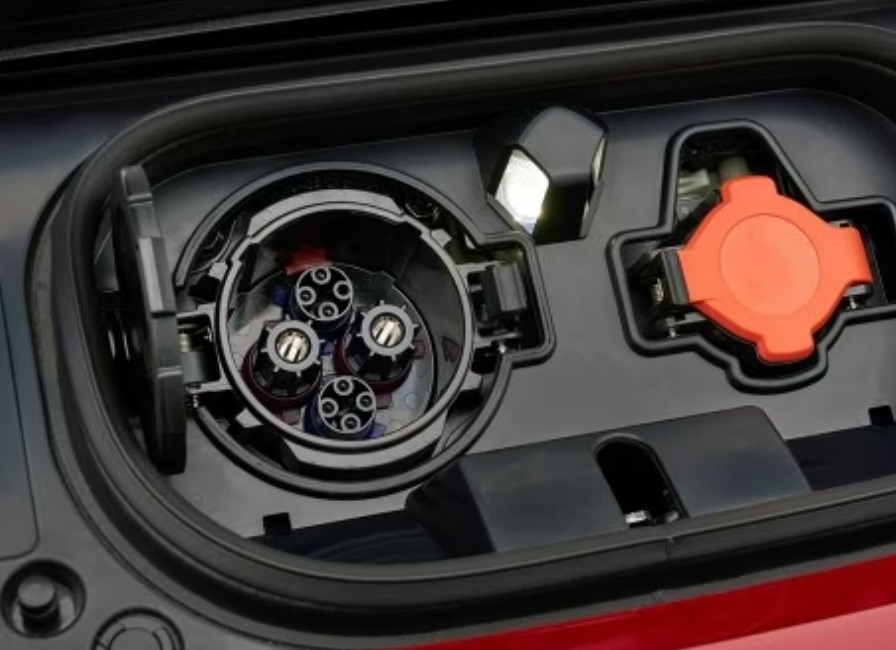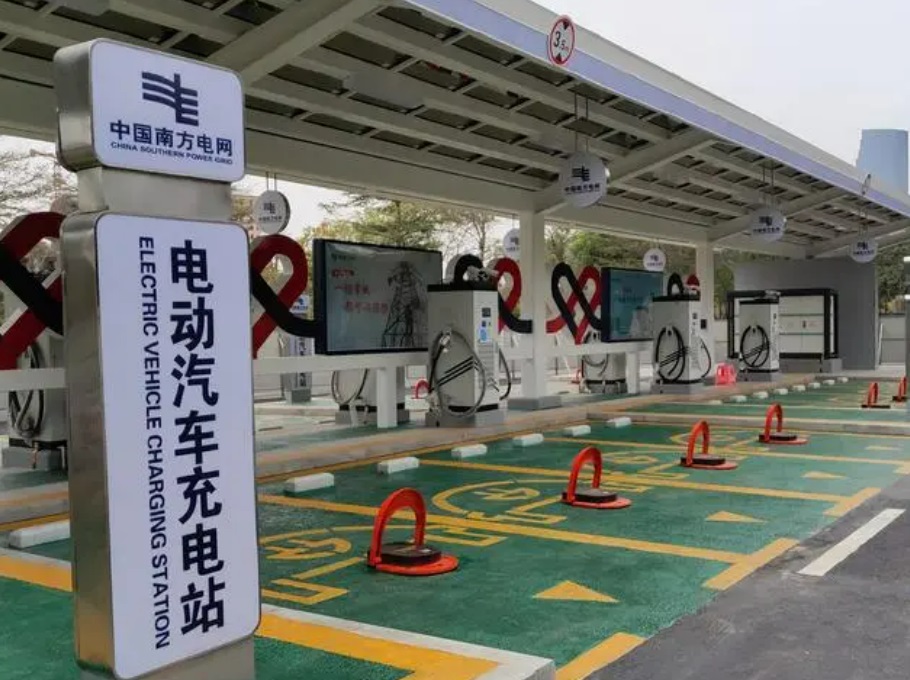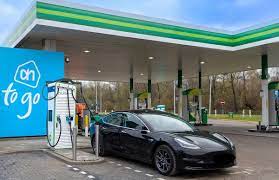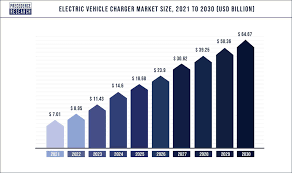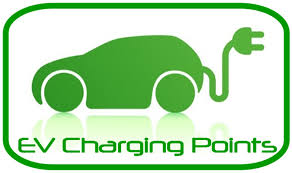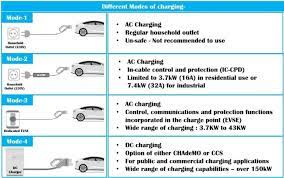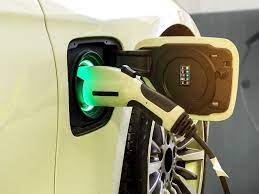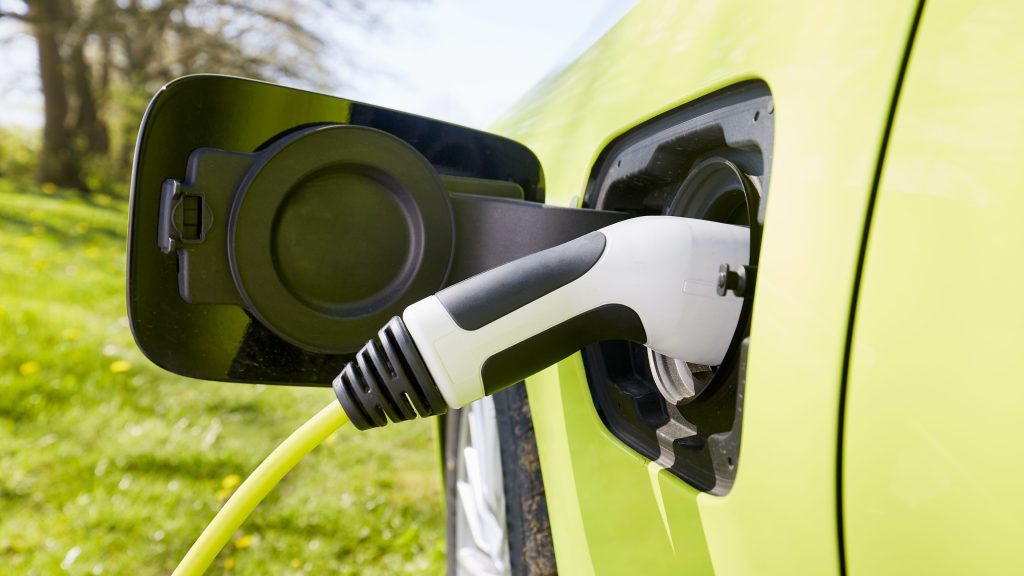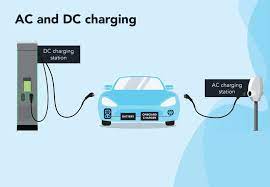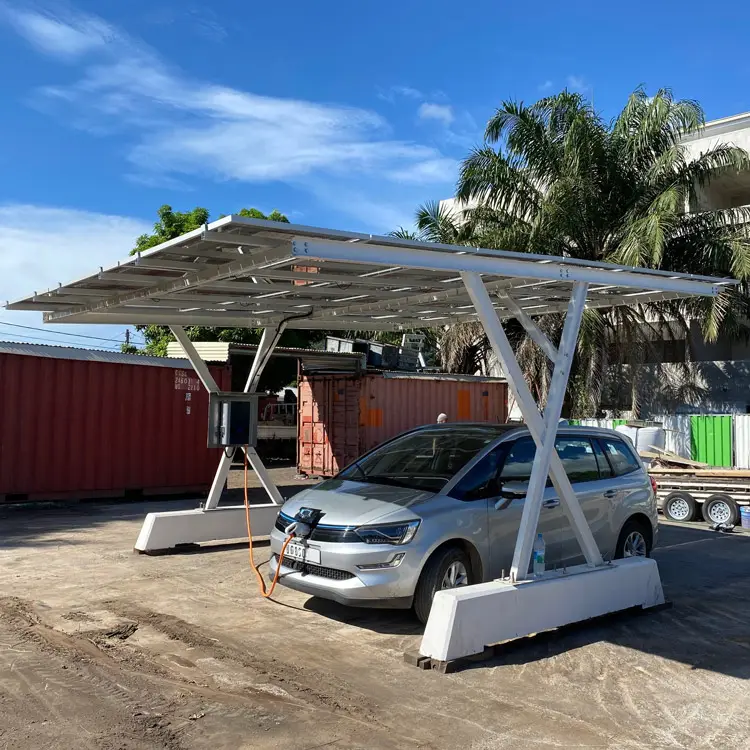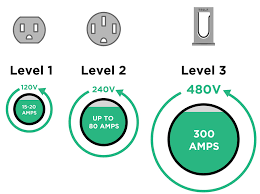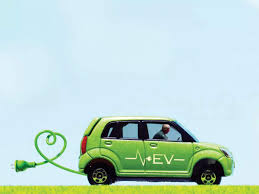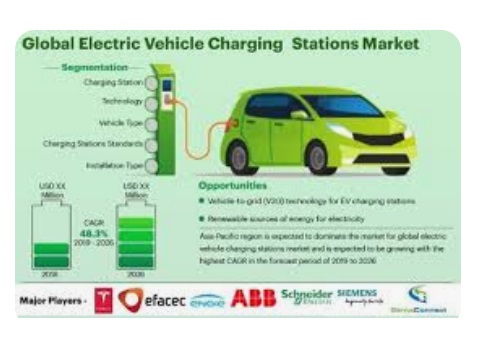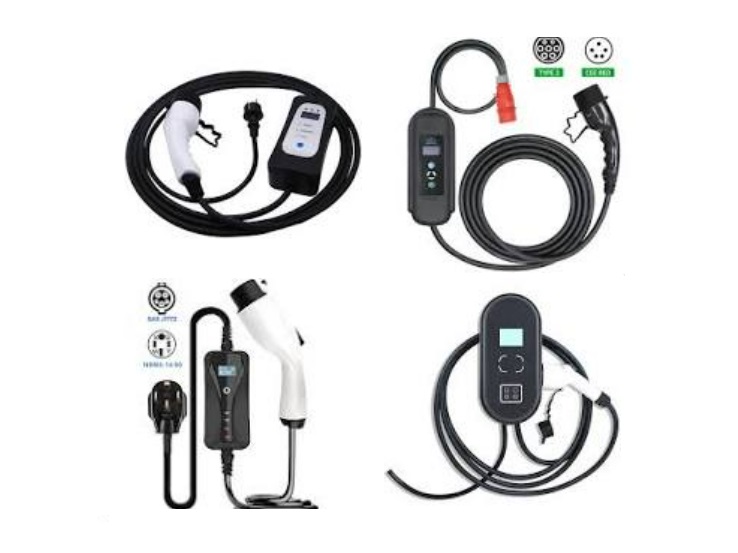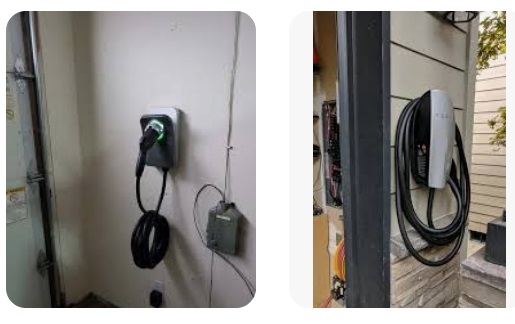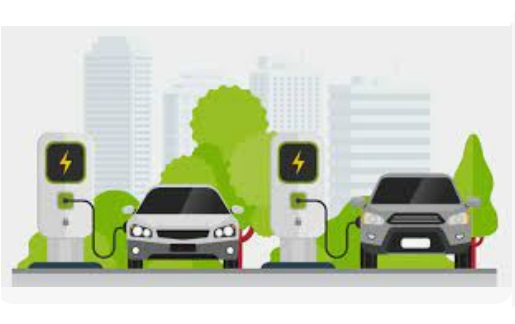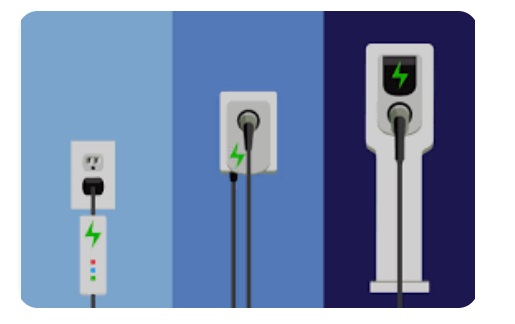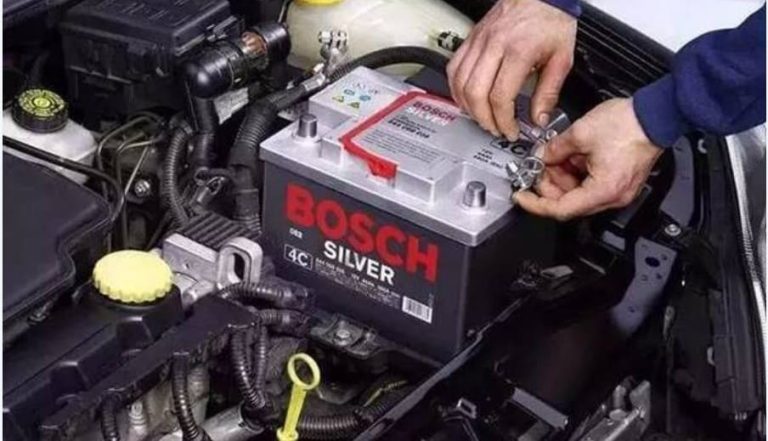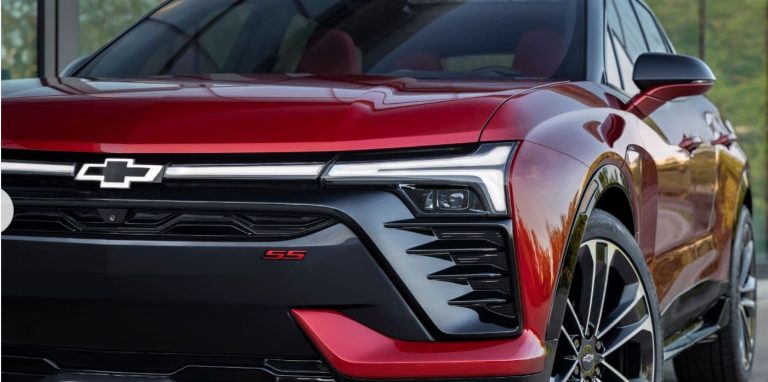How to calculate ev charging cost
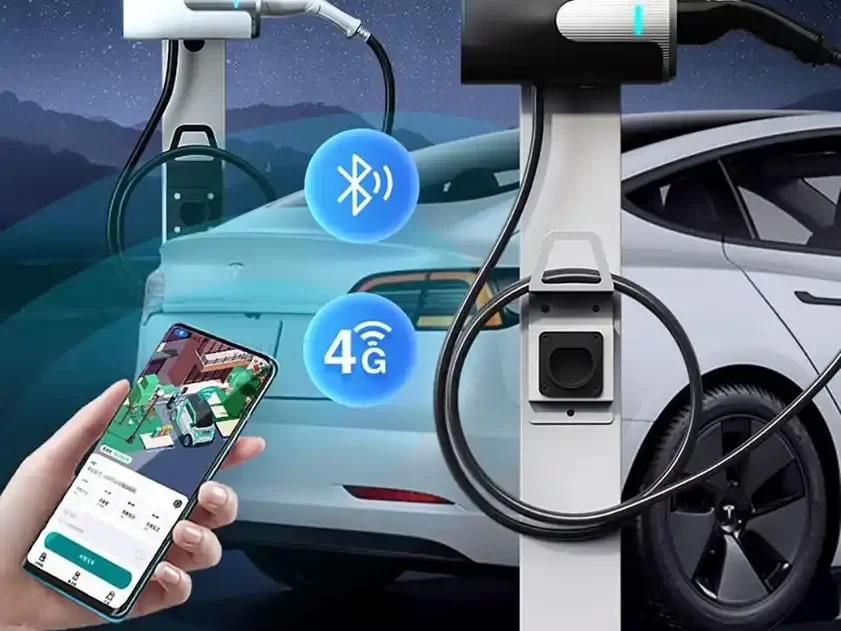
How to calculate ev charging cost. While there is a simple formula to determine the cost of charging an electric vehicle based on your electricity rate and car’s energy consumption, an accurate estimate necessitates taking into account charging efficiency, time-of-use rates, and the distinction between public and home charging.
The Fundamental Calculation: Energy Used Multiplied by Price
At its core, calculating EV charging cost is simple arithmetic. You need two essential pieces of information:
- How much energy your EV consumes: This is measured in kilowatt-hours per mile or per 100 miles (kWh/100mi). You can find this efficiency rating in your vehicle’s specifications (e.g., 30 kWh/100mi) or, more accurately, by tracking your real-world consumption through the car’s dashboard or companion app. This tells you how many kilowatt-hours of electricity you need to drive a certain distance.
- Your cost of electricity: This is the price you pay per kilowatt-hour (kWh). For home charging, this is your residential electricity rate, which can often be found on your utility bill. For public charging, this is the rate set by the charging network, which typically includes both the cost of the electricity itself and a service fee.
The basic formula is: Cost = Distance Driven × (EV Efficiency in kWh/mile) × Electricity Rate ($/kWh).
For example, if you drive 100 miles in an EV that averages 3.5 miles per kWh, you use approximately 28.57 kWh of energy (100 miles / 3.5 mi/kWh). If your home electricity rate is $0.16/kWh, the cost to drive those 100 miles is $4.57 (28.57 kWh × $0.16/kWh). This immediate comparison is stark—driving the same distance in a gasoline car averaging 30 MPG with gas at $3.50/gallon would cost about $11.67.
The Critical Impact of Charging Location: Home vs. Public
Where you choose to charge has the single largest impact on your total cost. The convenience of public DC fast charging comes at a significant premium.
Home Charging: This is almost always the cheapest option. You are paying your standard residential rate, which is subject to regulation and is generally the lowest price you can find for electricity. There are no added markups or service fees. Using the example above, the cost remains at ~$4.57 for 100 miles.
Public Charging: The pricing model here is completely different. Networks charge for the electricity plus a service fee to cover equipment costs, maintenance, and operations. DC fast charging rates can easily range from $0.40 to $0.60 per kWh. Some networks even charge by the minute, which can be more or less expensive depending on your car’s charging speed. Using the same 28.57 kWh for 100 miles at a public rate of $0.50/kWh, the cost soars to $14.29. This is over three times the cost of home charging and can even exceed the cost of gasoline for an efficient car. This makes public fast charging excellent for occasional long trips but financially unsustainable as a primary charging method.
Optimizing Costs with Time-of-Use (TOU) Electricity Plans
Many utility companies offer Time-of-Use (TOU) rate plans, which are a perfect match for EV owners. These plans charge different rates for electricity based on the time of day. “Off-peak” hours (typically overnight, e.g., 11 p.m. to 7 a.m.) feature drastically reduced rates because overall demand on the electrical grid is low.
An off-peak rate might be as low as $0.08 to $0.12 per kWh compared to a peak rate of $0.30-$0.40+ during the afternoon and evening. The beauty of EV charging is that it is a perfectly deferrable task. You can plug your car in when you get home, but use your car’s or charger’s scheduling feature to tell it to start charging only when off-peak rates begin. This simple habit slashes your charging costs. Driving 100 miles with an off-peak rate of $0.10/kWh would cost just $2.86. Some utilities have special EV-specific TOU plans that offer even deeper discounts for overnight charging, making home charging astonishingly inexpensive.
Accounting for Charging Efficiency and Energy Loss
Not all the electricity that leaves your wall outlet makes it into your car’s battery. Some energy is lost as heat during the AC-to-DC conversion process (for Level 1 and Level 2 charging) and in the wiring. This “charging efficiency” is typically 85% to 95% for Level 2 charging, meaning for every 10 kWh you pay for, 8.5 to 9.5 kWh make it into the battery.
To account for this in your calculations, you can adjust the formula: Adjusted Cost = (Distance Driven × (EV Efficiency in kWh/mile) / Charging Efficiency) × Electricity Rate ($/kWh).
If your charging efficiency is 90%, the 28.57 kWh needed for 100 miles actually requires you to pull 31.74 kWh from the grid (28.57 kWh / 0.90). At $0.16/kWh, the true cost is now $5.08 instead of $4.57. This adjustment provides a more accurate, real-world cost figure. DC fast charging is generally more efficient (closer to 95%) as more conversion happens inside the station itself.
Practical Tools, Examples, and Long-Term Planning
You don’t need to do these calculations manually. Many resources can help:
- Online Calculators: Websites like the U.S. Department of Energy’s (DOE) Alternative Fuels Data Center offer online calculators where you input your vehicle model, ZIP code, and charging habits for an instant cost estimate.
- EV Apps: Your vehicle’s mobile app often tracks your efficiency and can even tell you the cost of each charging session if you input your electricity rate.
- Utility Tools: Some utility companies provide tools to estimate the cost of adding an EV to your home.
Long-Term Consideration: Equipment Cost. While the electricity cost is ongoing, there is an upfront cost for a Level 2 home charger (typically $500-$1,200 for the hardware plus $800-$2,000 for installation). However, when spread out over the life of the vehicle, this one-time investment adds only a few cents per mile and is quickly offset by the massive fuel savings compared to gasoline.
By understanding these factors—the basic math, the huge cost disparity between home and public charging, the power of time-of-use rates, and the slight adjustment for efficiency—you can accurately calculate your EV charging costs and take control of your transportation budget, ensuring you maximize the economic benefits of driving electric.

